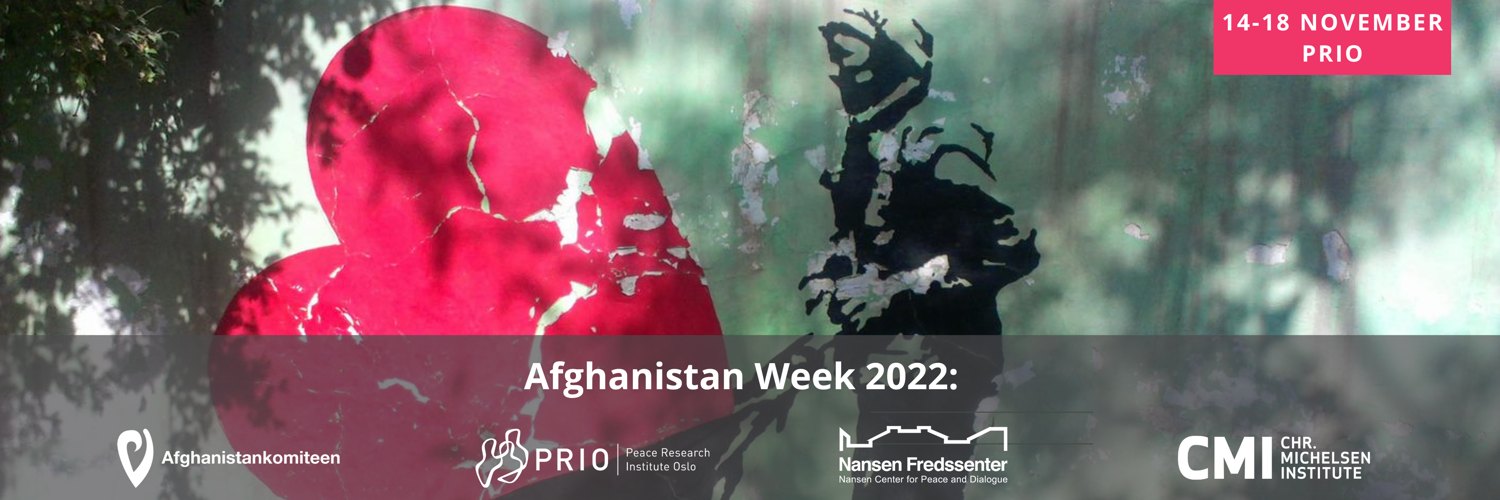
What are the prospects for a gradual normalization of the Taliban with the rest of the world?
What is the current status, and what has been learnt from the experience of the year since the Taliban took power in Kabul?
What are the opportunities for engaging with Afghanistan’s citizens – on anything from rule of law to economic development – while bypassing the Taliban regime?
Relationships between the Taliban and other countries have become complicated, but while many Western countries maintain strict sanctions and limit their engagement, many countries in the region are gradually rebuilding relations to the Afghanistan’s de-facto rulers. An increasingly conflictual geopolitical situation globally has its mirror image in the how various countries and regions relate to Afghanistan.
The Taliban’s rule violates most existent international norms. The violation of human rights, not the least women’s rights, the failure to deliver basic welfare, the dismantlement of education is extremely problematic. It also constitutes a paradox, in that it both implies increasing international resistance to work with the Taliban, and a mounting need for external assistance.
At the same time, what the Taliban took over was a highly aid-dependent country, and the human consequences of the military withdrawal – and the ensuing reductions in assistance – have been grave. Various countries are developing a variety of means for providing an impetus to Afghanistan’s civil society, its welfare sector and to its economy.
In this focal event for the 2022 Afghanistan Week, we will hear the reflections on the current state of affairs by the Norwegian Minister of Foreign Affairs, Anniken Huitfeldt, followed by a panel.
Chair: Kristian Berg Harpviken
Keynote
Anniken Huitfeldt, Norwegian Minister of Foreign Affairs
Panellists
Zarqa Yaftali
Masood Karokhail
Shah Gul Rezaye
Roxanne Sharpour
Terje Watterdal
- Registration by following this link
- Follow this link to see the full programme of Afghanistan Week 2022





